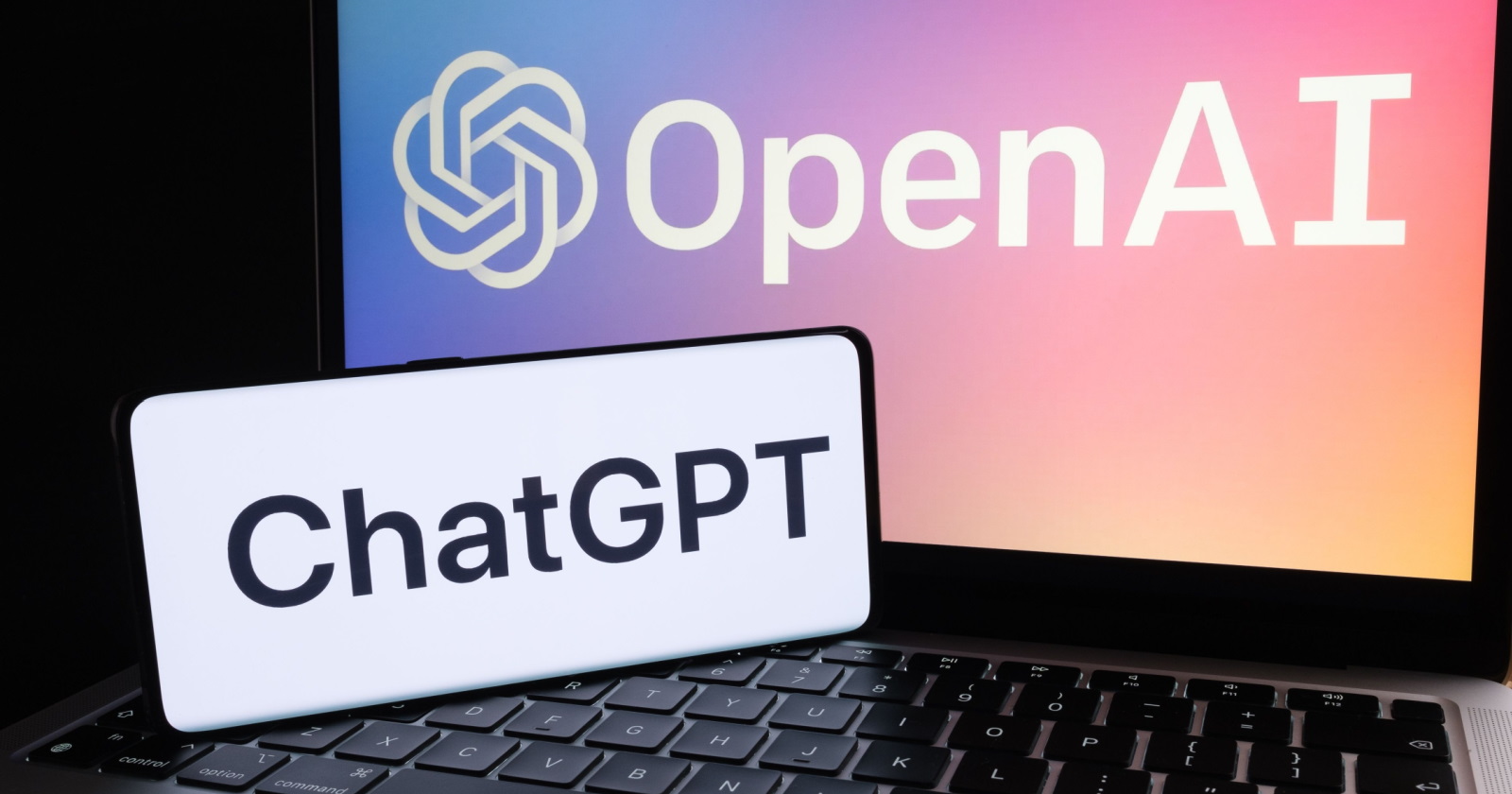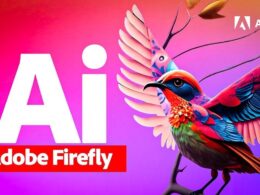In the race of generative AI, OpenAI has emerged as a leader and is now set to compete with Google in its own terrain. Reports have it that OpenAI has been covertly developing an online search product for over a year, even though the organization has officially denied this. As of now, it remains undetermined whether the new tool would be directly integrated into the paid or free versions of the ChatGPT chatbot or be launched as a standalone tool.
ChatGPT originally had a limitation on access to the latest online information. In March 2023, OpenAI announced the support of plugins, including its own manufactured web browser plugin. As of September, OpenAI reported that ChatGPT now has access to the latest online information and has the ability to browse web pages. This functionality was primarily aimed for use in the Microsoft Bing search engine, which has been a trailing player in the online search arena for many years.
Microsoft has heavily invested billions into OpenAI. The company largely relies on OpenAI’s tech stack in reimagining its own product line, which includes Bing. Initially, Microsoft launched its own AI-based chatbot, Bing Chat, then expanded generative AI capabilities into its other products, and eventually in 2024, the AI was deployed everywhere under the separate brandname ‘Copilot’.
With continued support from Microsoft, OpenAI appears to be ready to challenge Google’s monopoly in the web search realm. Microsoft had lost the search engine war to Google some time back. Artificial Intelligence provides an excellent opportunity for Microsoft to lure a significant userbase into its ecosystem.
As of now, it is uncertain how OpenAI’s secretive online search product will function. But, some predictions can be made, based on the emerging products from other developers. For example, ‘Arc Search’, an app developed by The Browser Company offers a “Browse for me” feature. This feature gathers online information pertaining to a search query, compiles data from six reputable sources, and then presents the results on a special webpage, saving users from browsing through the entire search return.





